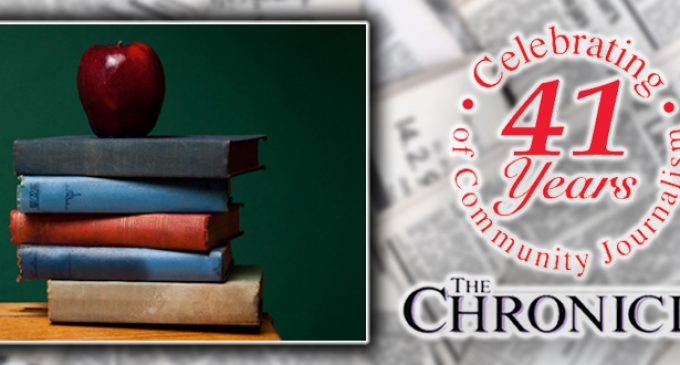Transforming education takes a 21st century village united

Winston-Salem State University (WSSU) held a community roundtable on Friday, April 15. This was the first event of its kind WSSU has held.
The university said the Transforming Education Community Roundtable will be an annual forum that brings together broad and diverse community representatives and stakeholders to advance fresh thinking and bold ideas designed to enhance public education in our community.
The 2016 Roundtable featured three conversations exploring the state of public education in North Carolina, creating cultures of curiosity, and thriving schools, thriving societies.
In discussing the state of public schools in North Carolina, various concepts came up.
One panelist said: “You cannot separate education from what’s going on in our society.”
What’s going on in our society? In North Carolina, it is repression and regression.
In Winston-Salem, 12 inner-city schools have been labeled low performing based on test scores. Some panelists suggested a change in education operations could be the problem. Under segregation, black students and black teachers worked together. Now, the majority of teachers are white, middle-class women who probably don’t understand how to relate to the mostly minority students in those schools. They abdicate trying to understand and send minority students straight to the administrative offices.
According to N.C. Department of Public Instruction data, suspensions among black students in the Winston-Salem/Forsyth County Schools system nearly quadrupled the number among white students in 2014-2015, despite the fact that black students make up less than 30 percent of total enrollment.
What’s happening in our society? Minorities are being sent to prison at alarming rates.
Sixty percent of U.S. prisoners are either African-American or Latino, President Obama has said. “About one in every 35 African-American men, one in every 88 Latino men is serving time right now,” the president said. “Among white men, that number is one in 214.”
It is widely known that third-grade reading scores help officials decide on the number of prisons needed in the United States.
What’s happening in our society? North Carolina lawmakers who have not seen public education in action for years are making laws that tear into the heart of public education, where most minority children can be found, while bolstering non-public schools, where only a small percentage of minority students can be found.
One black charter school official in Winston-Salem says the N.C. law on charter schools added a section that makes charter schools that accept federal funds on par with public school systems and decrees that those schools have to be held to the same standards as public schools. Her school falls under that jurisdiction.
Meanwhile, North Carolina lawmakers are making laws that restrict the voting rights of citizens. Mostly minorities are affected.
Facilitators and panelists talked about systems and how various systems in the lives of children need to work together. Those systems include family, community, faith institutions and education.
“This is a village. Our children have to travel across multiple systems,” one panelist said.
Panelists and facilitators concluded that ways have to be found to unite the systems even while society is trying to tear the systems apart.
The 21st century village cannot afford not to.
Note: Managing Editor Donna Rogers was a panelist on a roundtable session.











